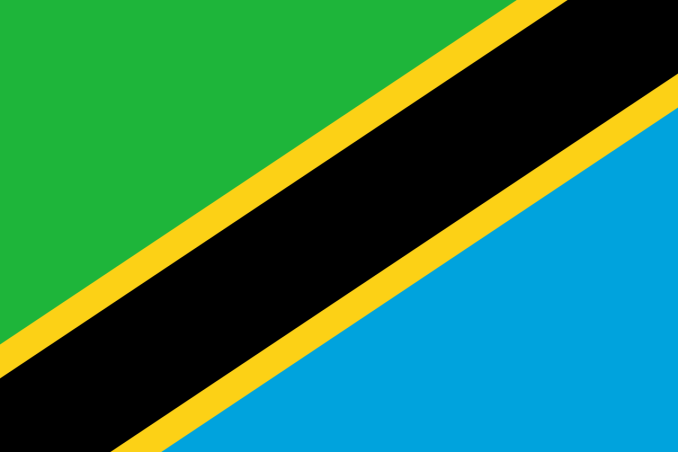TANZANIA:Mobile payments claim share in EAPS

MOBILE money payment in East Africa is eating up the share of transactions which pass through banking payment system.
The mobile payments, which Bank of Tanzania (BoT) is still analysing, are making headways as BoT approved Airtel-Money to conduct regional payments.
BoT’s National Payment System Director Bernard Dadi said recently, however, that most of the transactions under mobile payment involved small amounts of money.
“Still the voluminous transactions are passing via EAPS (EA Payment system)… as you can’t pay large amount through mobile platform,” Mr Dadi said. The amount transacted through mobile system are increasing as they are easy and fast compared to EAPS.
EAPS merely takes two hours and costs similar amount as of domestic transaction charges in Tanzania 10,000/-, but mobile is instantaneous. “We are working on currencies convertibility within the member states.
The move will take place at the end of the year,” Mr Dadi said. Mr Dadi said still Kenya— due to its nature as big exporter in the region and has many schools—claims the big chunk of the transaction compared to other EAC member states.
“During peak period some 200 transactions are processed a day compared to about 10 of Tanzania,” Mr Dadi said. However, Burundi and South Sudan are yet to join EAPS since they, current, don’t have their domestic system to warrant the system integration. Burundi was supposed to enter into the system this year but political unrest has denied the country to be hooked into EAPS.
“We were engaging South Sudan in a back door but since they are now EAC member, we can speed up the process,” Mr Dadi told journalists during the on-going four days BoT seminar here. BoT said they observed less system abuse two years after launching as members have become more knowledgeable on the system.
The EAPS enhances cross border payments and boost trade within the region. The system was part of modernisation efforts of payment systems in the region spearheaded by the EAC Central Bank governors.
The central banks in respective country handled the system which operates by paying each beneficiaries using local currency, thus spares foreign reserves.
SOURCE:DAILYNEWS
 Africas leading resource for digital financial services
Africas leading resource for digital financial services


comments